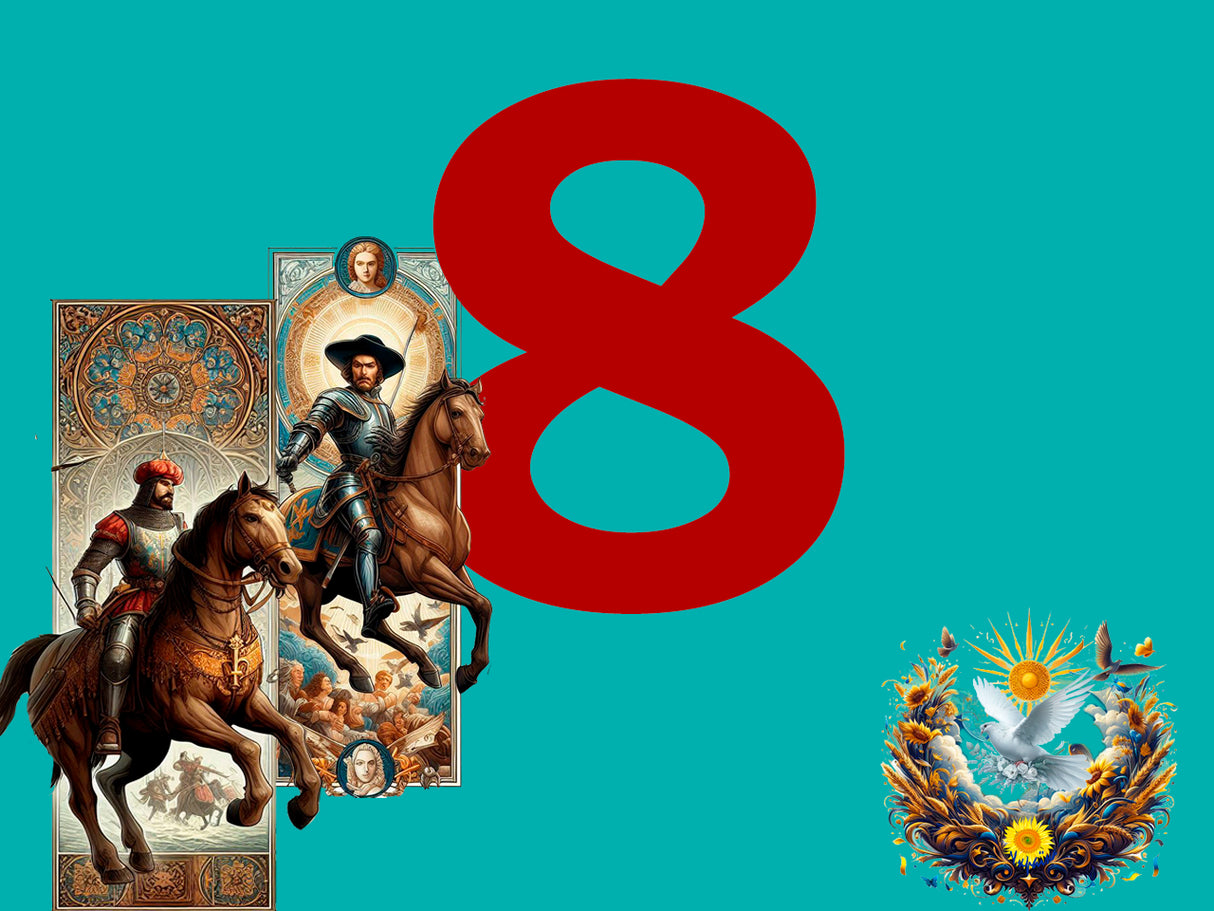World History Grade 8. Great geographical discoveries and the formation of capitalist relations. Collection 1
 Intermediate
Intermediate
 Course
Course
 10 hours
10 hours
World History Grade 8. Great geographical discoveries and the formation of capitalist relations. Collection 1 is backordered and will ship as soon as it is back in stock.
What is Unibot?
What is Unibot?
Unibot is a platform for educational systems that combines an administration panel and a chatbot. It allows you to easily upload data, customize chatbots without programming, and manage courses. It supports multilingual bots, content management, and optimized resource utilization for efficiency. The platform makes educators' work easier by automating repetitive tasks. Different pricing plans are available, from basic to premium, which differ in the number of supported bots, languages, messages, and other features.
More information
Embark on an exciting journey through world history! Our "World History Grade 8. Great geographical discoveries and the formation of capitalist relations. Collection 1" course offers a dynamic learning experience that explores one of the most transformative periods in human history. Through interactive lessons, quizzes, and engaging activities, students will gain a deep understanding of the Age of Discovery and the rise of capitalist systems in Western Europe.
Why choose our course:
- Interactive quizzes and tests: Test your knowledge and reinforce learning with engaging and challenging quizzes.
- Interactive exercises: Develop critical thinking and research skills through interactive exercises and activities.
- Expertly crafted content: Developed by experienced educators to ensure high-quality and effective learning.
- Focus on historical analysis: Encourage students to analyze historical events, interpret primary sources, and develop their own perspectives.
Course Module
Module 1: Great geographical discoveries and the formation of capitalist relations. Collection 1
- § 1. Introduction. The Early Modern Period in world history
- Questions and tasks
- Great geographical discoveries of Europeans in the 15th–16th centuries
- 1. Preconditions of the great geographical discoveries
- 2. Voyages of Christopher Columbus, Vasco da Gama, Ferdinand Magellan, Francis Drake
- Questions and tasks
- Conquest and settlement of the New World by Europeans
- 1. Pre-Columbian civilizations of the Americas
- 2. The beginning of the Conquista. The Spanish conquests
- 3. Formation of colonial empires. The New World after the conquests
- Questions and tasks
- The rise of capitalist relations. Everyday life in Western Europe
- 1. The rise of capitalism. Manufacturing and wage labor
- 2. Everyday life in Western Europe
- Questions and tasks
- Practical work. Great geographical discoveries: the impact of European civilization on the world
Expected Learning Outcomes
- Knows the time of the Great geographical discoveries and the Conquista
- Knows the date of Christopher Columbus’s first voyage
- Knows the directions of the voyages of Columbus, Vasco da Gama, Magellan, and the centers of global trade
- Understands the impact of the Great geographical discoveries on worldviews, economic, and social life in Europe and the New World
- Knows the concepts of “conquista,” “colonial empire,” “meeting of civilizations,” “price revolution,” and “manufacture”
- Can arrange chronologically information about the expansion of European influence around the world
- Can trace, based on maps, how the space of European influence evolved
- Can identify causes and consequences of the Great geographical discoveries
- Can describe changes in people’s lives associated with discoveries, the formation of colonial empires, the spread of manufacturing, and wage labor
- Can determine the causes of mass European migrations in the 16th–17th centuries
-
Genre
-
Target audience
-
Language version
-
Subject area
-
Recommended age group
-
Course time
-
Book author
-
Author Collection



